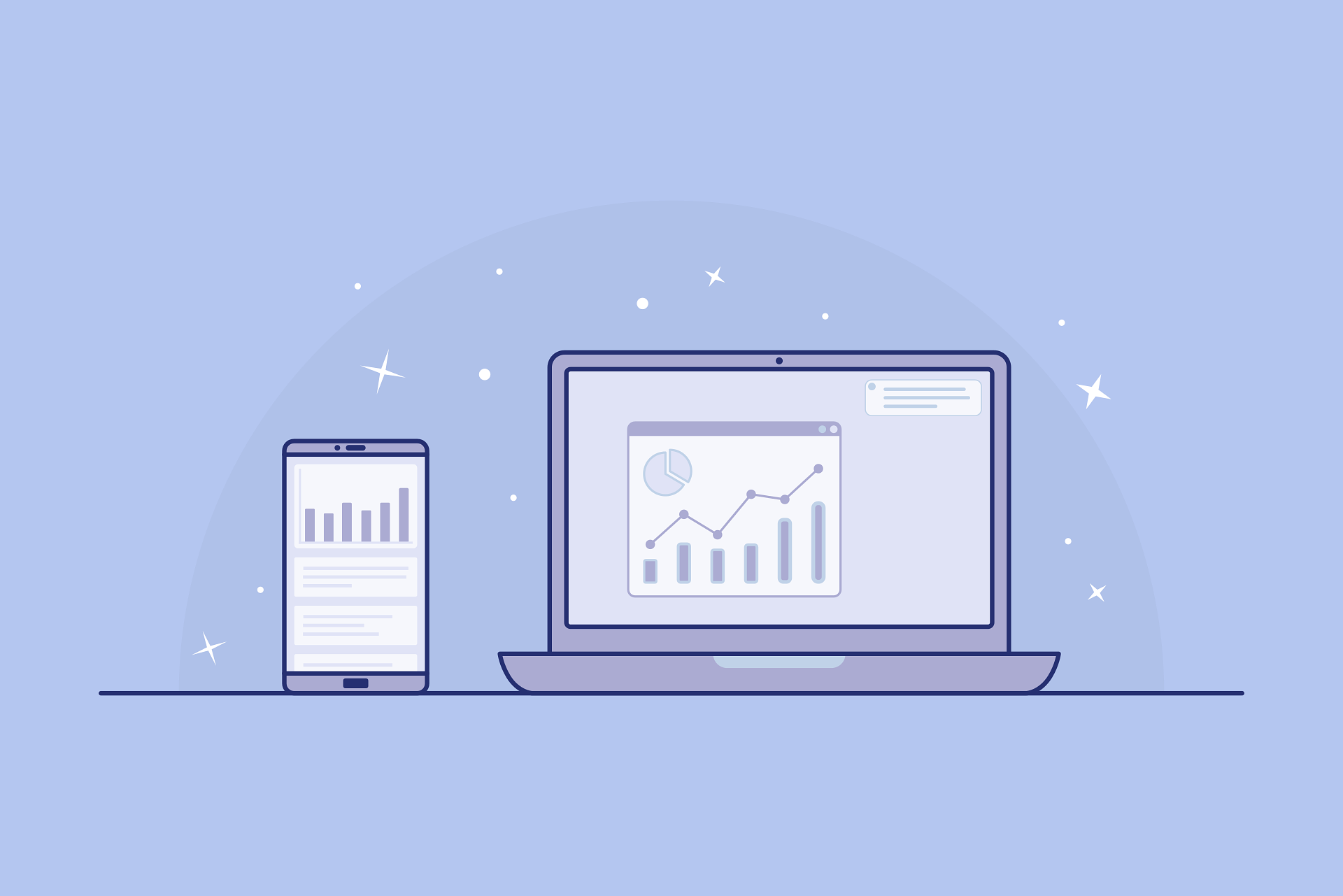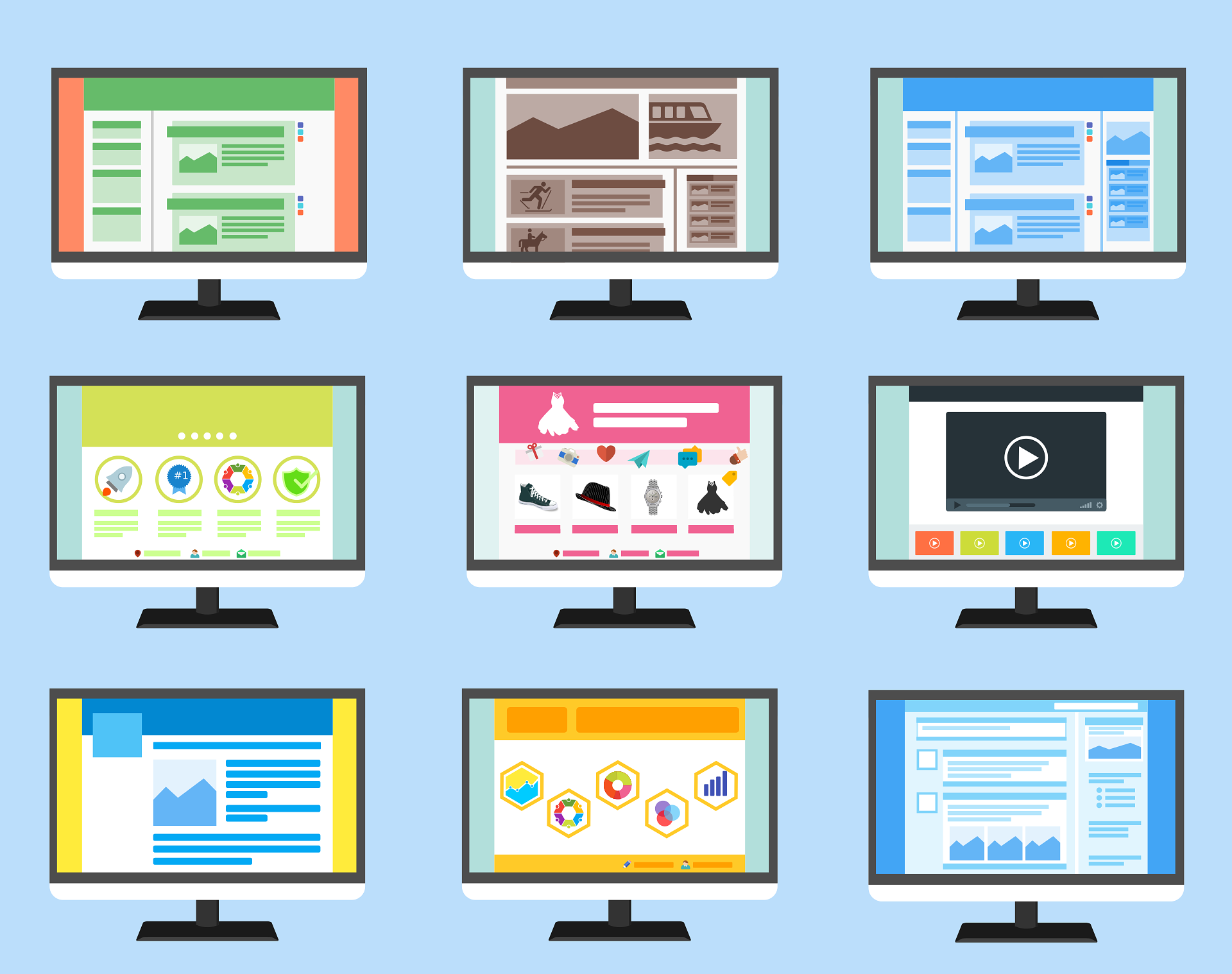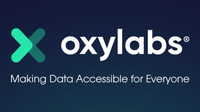These industries that will depend on web scraping the most in 2025: Here's how
The odds are high your industry will rely on web scraping next year.

In today’s information-driven economy, web scraping, the practice of extracting data from websites, has become a crucial tool across various sectors. As we look ahead to 2025, its role is poised to become even more critical, driving innovations, informing strategies, and optimizing operations in crucial industries such as e-commerce, market research, real estate, travel and hospitality, and more.
Oxylabs is an ethical proxy network provider offering over 100 million proxies in 195 countries. It specializes in residential, data center, and mobile proxies, helping businesses gather data at scale while ensuring privacy and compliance. New customers can take advantage of this deal by signing up to Oxylabs today. Use code TECH20.
These industries that will depend on web scraping
Let’s take a deep dive into the industries that will heavily rely on web scraping in the near future and the ways it will revolutionize their operations.
E-commerce
The e-commerce sector thrives on intense competition and the imperative of ensuring customer satisfaction, intricately tied to the comprehensive understanding of market trends and consumer behaviors. With the advent of 2025, the significance of web scraping in this industry will be indispensable. It will be crucial for many purposes, including price monitoring, in-depth product assortment analytics, and insightful customer sentiment analysis.
This powerful data extraction technique will empower e-commerce platforms to offer competitive pricing and tailor their product offerings to align with consumer preferences, enhancing the overall user experience. Moreover, real-time data extraction will enable dynamic pricing strategies, thereby allowing businesses to stay ahead in this fiercely competitive environment.
Finance and investment

The finance and investment sector relies heavily on accurate and timely data for making informed decisions. Web scraping, the process of extracting and analyzing data from websites, will play a crucial role in gathering real-time financial data, tracking market sentiments, and identifying lucrative investment opportunities.
By 2025, the industry is expected to heavily leverage web scraping for algorithmic trading, a method where trading decisions are made at lightning speed based on data collected from various sources across the web. Furthermore, efforts in risk management and fraud detection will be enhanced with more comprehensive data, thereby bolstering security measures and investor confidence within the sector.
Real estate
The real estate industry can benefit significantly from web scraping, especially in market analysis and valuation. By gathering data on property listings, transactions, and trends, professionals can better understand the market dynamics. This will help make more accurate property valuations, develop investment strategies, and predict market trends. Additionally, potential buyers can use improved search capabilities and comparative analyses, simplifying the property buying process.
Are you a pro? Subscribe to our newsletter
Sign up to the TechRadar Pro newsletter to get all the top news, opinion, features and guidance your business needs to succeed!
Web scraping allows for extracting specific information such as price trends, neighborhood preferences, and property features. This data-driven approach enables real estate professionals to make informed decisions and offer valuable insights to their clients. It enhances transparency and efficiency in the real estate market, benefiting industry professionals and consumers.
Retail and consumer goods
In the retail and consumer goods industry, understanding customer preferences and behavior is essential for achieving success. Web scraping, which involves extracting data from websites, can offer valuable insights into consumer behavior, trends, and preferences.
By analyzing social media, online reviews, and competitor websites, businesses can gather a wealth of information to inform product development, marketing strategies, and inventory management decisions. This data allows for implementing personalized marketing strategies, enabling businesses to customize experiences, promotions, and products to match individual consumer profiles, thereby improving customer engagement and satisfaction.
Healthcare
The healthcare industry heavily relies on data for various critical functions such as medical research, patient care, and operational efficiency. By 2025, web scraping, which involves gathering information from websites, will become increasingly important for the healthcare sector. It will be crucial in aggregating medical research, tracking disease outbreaks, and assessing public health sentiments. Furthermore, web scraping will support personalized medicine initiatives by providing valuable data on the latest treatments and patient outcomes.
Furthermore, healthcare providers can significantly enhance service delivery by leveraging web scraping to analyze and interpret patient feedback and industry benchmarks, thereby ensuring the delivery of high-quality care.
Travel and hospitality
In the dynamic and competitive travel and hospitality industry, staying informed about evolving consumer preferences and market trends is vital for success. By leveraging web scraping techniques, businesses can gain valuable insights into pricing trends, up-and-coming destinations, and comprehensive customer reviews. With this knowledge, companies can tailor their offerings and pricing strategies to better meet their target audience's needs.
Moreover, predictive analytics using web-scraped data empowers businesses to forecast demand patterns and make proactive adjustments to their services. By anticipating market trends and customer needs, companies can enhance their operational efficiency, maximize profitability, and deliver exceptional customer satisfaction.
Digital marketing
As digital marketing becomes increasingly data-driven, web scraping will serve as a vital tool for gaining competitive insight, understanding target audiences, and tracking the effectiveness of marketing campaigns. By 2025, businesses will use this technique to fine-tune their content strategy, optimize SEO, and monitor competitors’ online presence. This will improve visibility and ensure a higher ROI on marketing spend.
Cybersecurity
Cybersecurity efforts must stay one step ahead with the digital threat landscape continuously evolving. Web scraping will facilitate the collection of threat intelligence, monitoring dark web activities, and tracking digital footprints. This will empower businesses to proactively identify vulnerabilities, assess risks, and respond to threats more effectively, safeguarding their assets and customer data.
Legal industry
Traditionally viewed as conservative, the legal industry will increasingly use web scraping for legal research, due diligence, and case preparation. By extracting data from public records, case files, and legal forums, professionals can streamline research, identify legal precedents, and gather evidence, enhancing the quality and efficiency of legal services.
Manufacturing
In manufacturing, web scraping will drive supply chain optimization, market intelligence, and competitive analysis. By 2025, manufacturers will use scraped data to monitor raw material prices, track supply chain disruptions, and benchmark against competitors. This will enable more agile decision-making, cost efficiency, and strategic planning.
- See our report on how companies can better navigate technical spend
Summary

As we look towards 2025, it's clear that web scraping will play a foundational role across diverse industries, driving innovation, efficiency, and competitive advantage. By leveraging real-time, comprehensive data, businesses in these sectors will be better equipped to respond to market dynamics, understand customers, and make informed decisions. This inspiring role of web scraping in driving innovation and efficiency will motivate businesses to adopt this practice responsibly and effectively, contributing to a more informed, efficient, and responsive business landscape.
TechRadar Pro created this content as part of a paid partnership with Oxylabs. The content of this article is entirely independent and solely reflects the editorial opinion of TechRadar Pro.
Bryan M. Wolfe is a staff writer at TechRadar, iMore, and wherever Future can use him. Though his passion is Apple-based products, he doesn't have a problem using Windows and Android. Bryan's a single father of a 15-year-old daughter and a puppy, Isabelle. Thanks for reading!

